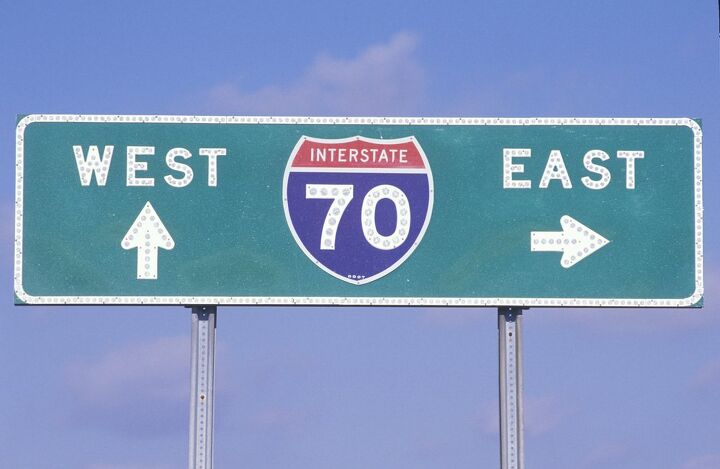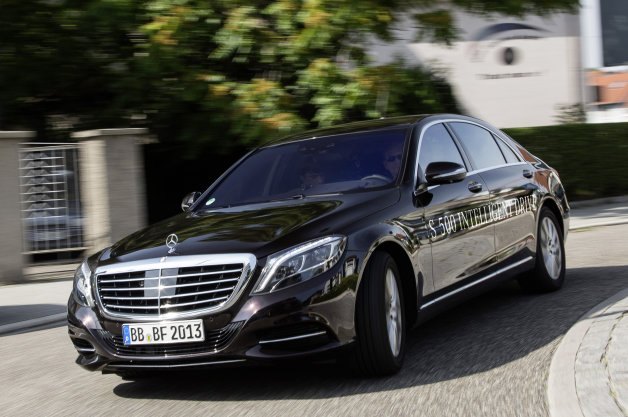#CityDriving
Do You Use Any of These 'Freeways Without Futures?'
Urban transportation is a slippery fish. No two cities are the same, and most need to harmonize foot, rail, bike, bus, and automobile transportation to ensure everyone can get where they’re going in a timely manner. Unfortunately, as the constantly changing recipe varies significantly between towns, some projects can hamper a city’s wellbeing.
Take New York as an example. The city’s subway system is well on its way to becoming an unmitigated disaster as more and more disgruntled residents lean on ride-hailing services as an alternative. This has increased on-road congestion, without making the Metropolitan Transportation Authority’s underground option cheaper, less crowded, or more reliable. The city has since decided to enact congestion charges for Lower Manhattan.
Other towns face similar issues, with the presiding logic frequently being little more than “let’s just cram a highway through there.” Unlike in past decades, cities are increasingly hesitant to enact such plans. An ill-placed freeway can spell disaster for local communities, just as a well-placed one can help bedroom communities thrive. Congress for the New Urbanism (CNU) recently released a list of 10 highways it would like to see demolished in order to create more walkable, connected neighborhoods under the banner of promoting “great urbanism.”
Same Old Song: Study Claims Uber and Lyft Increasing Congestion Problem in Seattle
A new study from Schaller Consulting is claiming that ride-hailing services, like Uber and Lyft, contributed to 94 million additional miles being driven on Seattle-area roads in 2017. We’ve heard similar claims in the past. Data-backed allegations typically revolve around the notion that app-based services don’t encourage motorists to carpool so much as they pull pedestrians away from public transportation.
Considering how difficult most subway systems and bus lines are to enjoy, that’s not hard to believe.
Ask the Editor: Freewheeling From Coast to Coast
B. Breckenfeld writes:
My cars from the early 2000s had automatic transmissions that seemed to allow freewheeling when you lifted off the pedal. I used this for better gas mileage by letting the car coast when I could see red lights far ahead.
Starting about 2010, my cars produced by GM began acting more like their standard transmission counterparts by employing engine braking and downshifting as they came to a stop. This works great in mountain driving where engine braking is needed, but wouldn’t freewheeling on flatter ground allow better gas mileage?
Mercedes Turns Former Naval Base Into Autonomous Testing Ground
With the highway mostly conquered, autonomous vehicles now must navigate the cities through which they would otherwise pass by, a challenge unto itself with few proving grounds available for research.
Mercedes-Benz, however, happened upon a solution not too far from its R&D base in Sunnyvale, Calif.


















Recent Comments